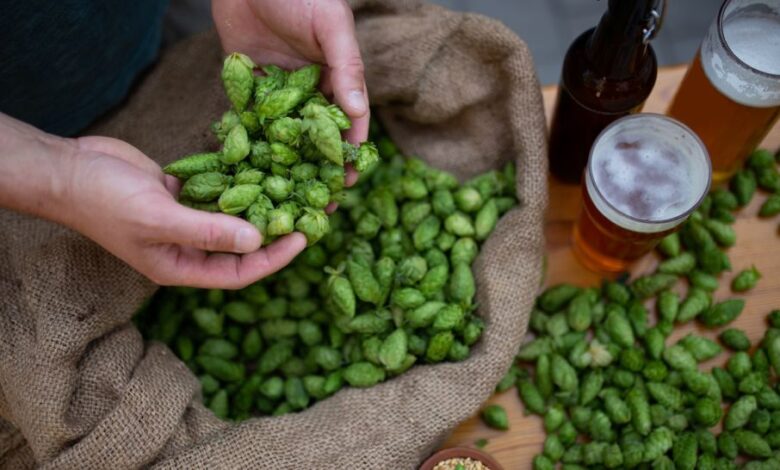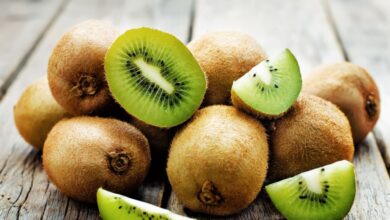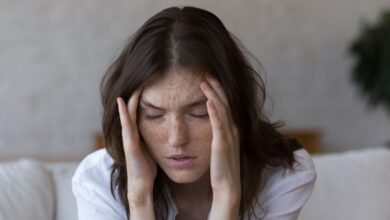Improving Sleep with Hops

When we hear about hops, we often picture a cold beer. It has a bitter taste due to its high content of chemicals and bitter acids. Apart from being a primary component in brewing beer, hops are also used as a medicinal herb. Dried female cones (strobiles) and hop extracts are utilized in medicine in the form of tablets, capsules, gels, creams, and beverages. In cooking, hops are applied in various desserts, appetizers, and dishes. In cosmetics, hops are included in hair and face masks.
Traditional medicine uses hops for conditions related to anxiety, insomnia, digestive problems, menopausal symptoms, and more.
Hops are known to alleviate symptoms associated with anxiety, insomnia, digestive issues, menopausal symptoms, and more. They have proven antioxidant, antimicrobial, anti-inflammatory, diuretic, and digestive properties.
Pharmacological qualities of hops are attributed to various compounds containing lupulin, xanthohumol, bitter resins, aromatic acids, phenolic acids, tannins, and volatile oils.
Its anti-inflammatory properties extend to relieving toothache as well.
Hop oil improves sexual endurance in men and addresses issues of premature ejaculation.
People who cultivate hops often report falling asleep easily during work. Some women who consume a glass of beer in the evening note an improvement in their sleep, while others find a significant reduction in anxiety.
Hops are often used in combination with chamomile, valerian, and passionflower – this trio possesses a proven sedative effect. Hops are even more effective when taken with valerian, as the two herbs share many similarities.
Are there side effects of hops?
When taken as a dietary supplement, hop extracts and bitter acids are considered safe at doses up to 300mg per day for a period of up to 3 months. Bitter acids up to 35mg per day for a similar duration are also considered safe. Some individuals may experience dizziness and drowsiness as side effects of hop consumption. It is not recommended for pregnant or breastfeeding women. Caution is advised for individuals with certain conditions such as endometriosis and breast cancer, as some chemicals in hops act as estrogen hormones.
How to prepare hop syrup and hop tea?
- Hop Syrup: Mix 2 cups of dried hops, 1 cup of sugar, and 2 cups of water. Boil the mixture while stirring continuously. After it boils, remove it from heat and continue stirring for 2-3 minutes. Let it cool, strain it into a jar, and store it in the refrigerator.
- Hop Tea: Use 5-10 hop cones (fresh or dried) and 3 cups of hot water. Place the hop cones in a teapot and pour hot water over them. Steep for about 15 minutes, then strain the liquid into a cup. Hop tea can be bitter, so it’s recommended to add mint leaves to the cones or sweeten the finished tea with honey.

